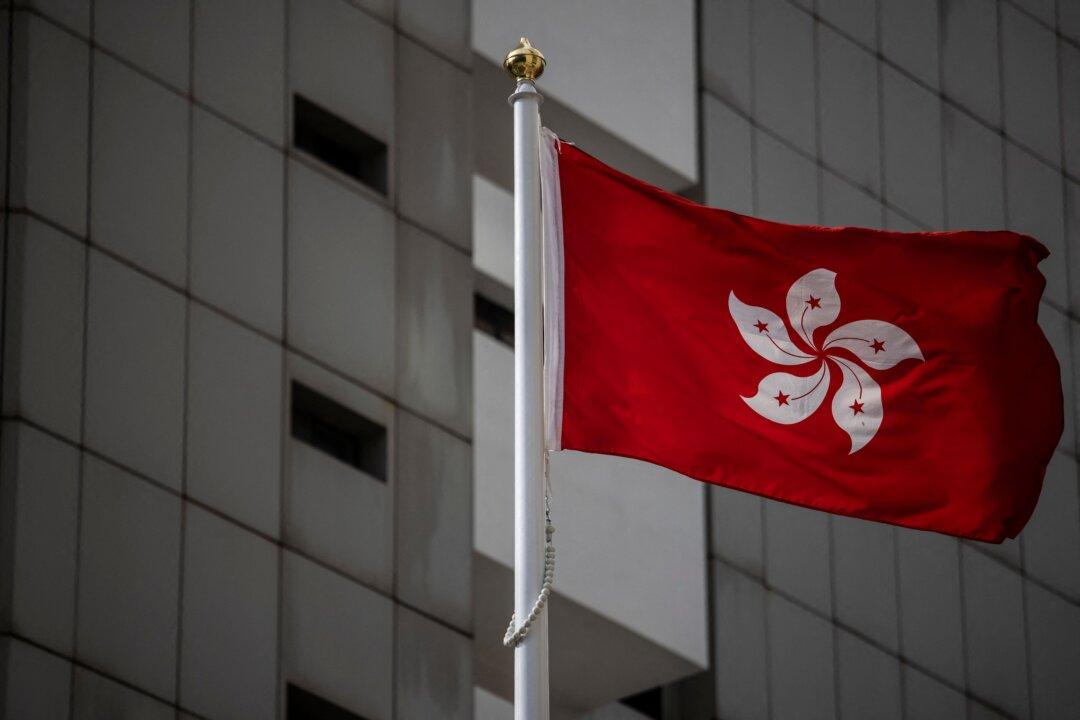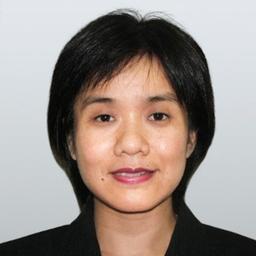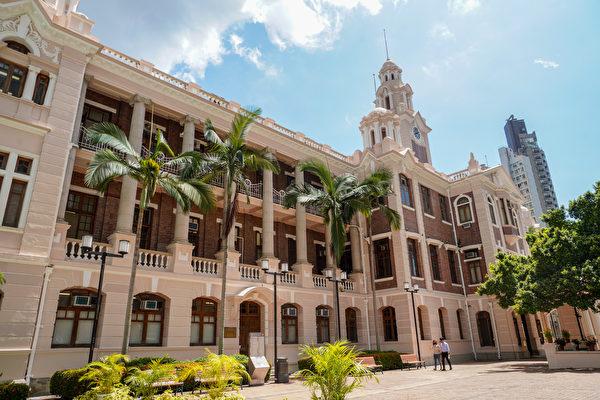On Dec. 14, the U.S. Congress approved the 2024 National Defense Authorization Act (NDAA), designating China, Hong Kong, and Macao as “foreign adversaries,” alongside North Korea, Cuba, Iran, and Venezuela.
On Dec. 22, President Biden signed the NDAA, signaling a 3 percent increase in defense budgets. This includes substantial funds directed toward reinforcing U.S. military deployments in the Indo-Pacific region to counter the influence of the Chinese Communist Party (CCP). Hong Kong and Macao are now classified as “foreign adversaries,” alongside North Korea, Russia, Cuba, Iran, and Venezuela. The bill treats Hong Kong and Macao equally as part of China, disregarding the “one country, two systems” principle. It also allocates funds to investigate potential crimes such as genocide, war crimes, and crimes against humanity committed by Hong Kong officials and businessmen.






